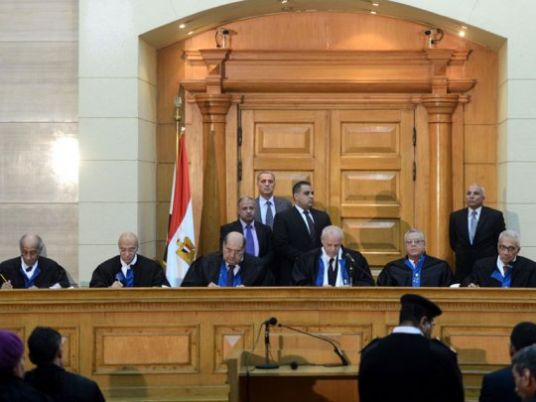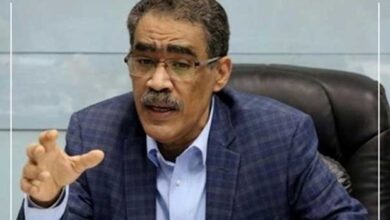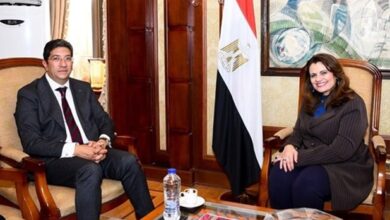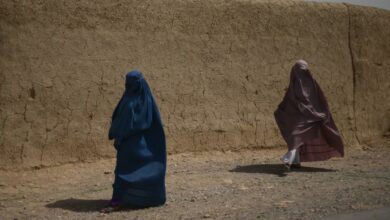
Twenty-one non-profit organizations (NGOs) condemned the law issued by President Abdel Fattah al-Sisi on regulating designated terrorist and terrorism lists in a press statement on Saturday, claiming that the law includes overly broad terms in its definition of terrorist entities, eroding the guarantees enshrined in the Egyptian constitution and Egypt’s international commitments.
On 24 February, Sisi issued a decree approving a new 10-article law labeling terrorist entities. The law defines a terrorist as any entity, organization, group, individual or cell that disturbs or intends to disturb the public, endanger the nation's safety, risk community security or harm national unity.
"Most puzzling is that the definition of terrorist entities and terrorists in the law is broader even than the definition of terrorism in Article 86 of the Penal Code, which was also condemned by rights groups for its overly broad language," the statement read.
The press statement argued that the law undermines the freedom of peaceful assembly, the freedom to form civic associations and political parties and the freedom of the press, opinion and expression. The law also states that, "it could be applied to individuals even if they belong to no organizational entity."
In November 2014, the Cabinet approved the draft of the "terrorist entities" law which was submitted by the Legislative Reform Committee and forwarded to the president for ratification.
The Cairo Institute for Human Rights Studies had previously requested in a legal commentary that Sisi not sign or issue the bill on the proposed law, to no avail.
The organizations noted that the law relies on a broad, vague definition of actions on the basis of which individuals or groups may be designated terrorists. "Moreover, with those definitions, human rights defenders, political parties or developmental associations may be easily labeled terrorist entities and their members, terrorists," the statement read.
Article 1 stirred controversy on its constitutionality, as the NGOs referred in the statement that it contains vague and undefined terms that should not be used to regulate the designation of entities and individuals as terrorists, including “infringing the public order, endangering the safety, interests, or security of society, obstructing provisions of the constitution and law, or harming national unity, social peace, or national security."
The organizations explained that such broad terms contravene several rulings issued by the Supreme Constitutional Court (SCC) on the adoption of ambiguous penal provisions, allowing the authorities to interpret these provisions to serve their own interests.
The SCC has considered this type of ambiguity in a law a violation of the principle of the legality of the offense, enshrined in successive Egyptian constitutions, including Article 95 in the 2014 constitution.
Moreover, the NGOs shed light on the use of expansive phrases such as “advocating by any means for the obstruction of laws” in Article 1, which does not specify the "means" involved with regards to the use of violence or armed force. As such, it could cover statements, reports, protests or newspaper articles if they are deemed to constitute “an infringement of the public order or social peace.”
"We believe this provision could intimidate and threaten opinions that oppose the government using peaceful methods and it's a violation of the freedom of expression of opinion," the statement read.
The NGOs believe it was an intentional move to issue the law without an explanatory memorandum in order to further obscure its provisions and the limits of its application, allowing any person who crosses the authorities to potentially feel the weight of the law.
Meanwhile, the NGOs criticized Article 2 of the law on the exercise of political rights, in setting forth the grounds on which a person may be denied political rights, including the right to run in elections for representative bodies. To date, the law simply requires a temporary ruling, not a final judgment, to deny people from political office.
"This provision serves as a constant threat against opposition parties and their members, ready to be used to deny them the right to participate in elections," the statement read.
The statement was signed by 21 NGOs, including the Cairo Institute For Human Rights Studies, the Arab Network for Human Rights Information, the Egyptian Center for Economic and Social Rights, El-Nadeem Center for the rehabilitation of victims of violence and torture and the Association for Freedom of Thought and Expression.




